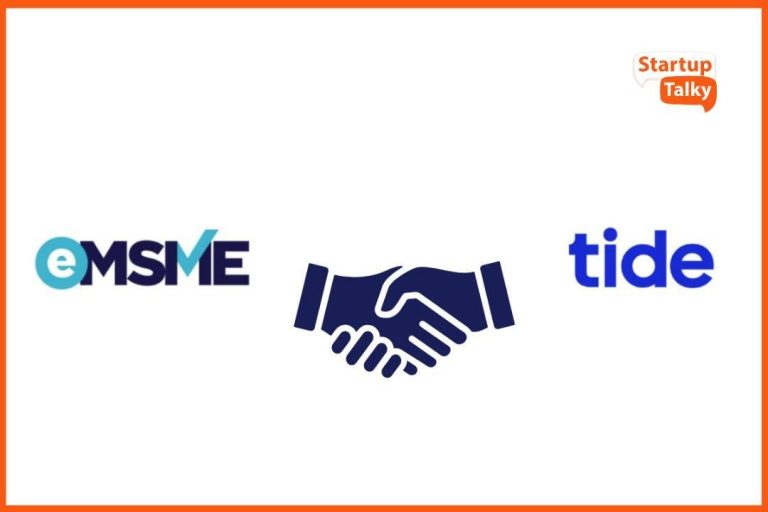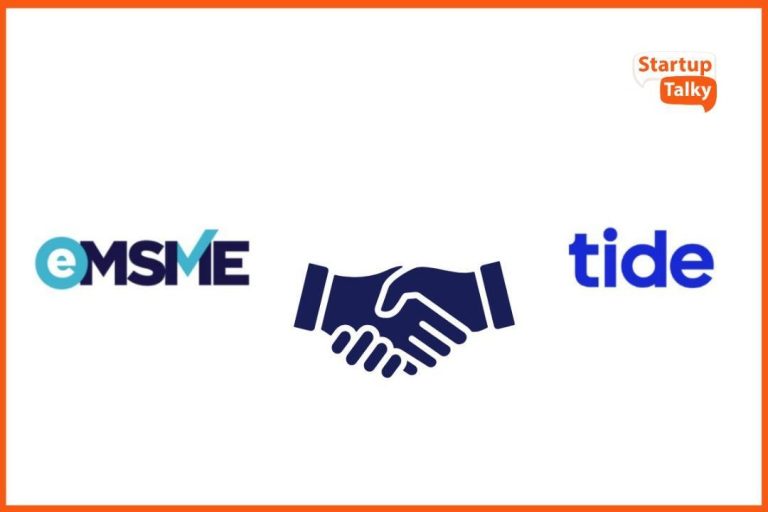
Is GenAI Smart Enough to Avoid Bad Advice?
The advent of Generative AI (GenAI) has revolutionized the way we approach problem-solving, decision-making, and knowledge discovery. With its unprecedented speed and capacity to generate vast amounts of data, GenAI has become an indispensable tool for businesses, organizations, and individuals alike. However, as we increasingly rely on GenAI for insights and recommendations, it’s essential to ask ourselves: is GenAI smart enough to avoid bad advice?
The answer is a resounding “maybe.” While GenAI has made tremendous strides in processing and analyzing vast amounts of data, it’s not immune to the pitfalls of human error. In fact, the speed at which GenAI operates can lead to surface-level answers or even hallucinated facts. Without the right human guardrails, insights can be misleading, and recommendations can be flawed.
The Risks of GenAI
GenAI’s remarkable abilities are rooted in its capacity to learn from vast amounts of data, recognize patterns, and generate new information. However, this very same capacity can also lead to inaccuracies and biases. Here are some of the key risks associated with GenAI:
- Data Quality Issues: GenAI relies heavily on the quality of the data it’s trained on. If the data is flawed, biased, or incomplete, the insights generated by GenAI will be similarly flawed.
- Lack of Context: GenAI often operates in a vacuum, lacking the context and nuance that human experts bring to the table. This can lead to oversimplification or misinterpretation of complex issues.
- Hallucinated Facts: GenAI’s ability to generate new information can sometimes lead to the creation of entirely new “facts” that may not be based on reality.
- Biased Output: GenAI can perpetuate biases present in the data it’s trained on, leading to discriminatory or unfair outcomes.
The Importance of Human Oversight
While GenAI has the potential to revolutionize the way we approach problem-solving, it’s essential to recognize its limitations and ensure that human oversight is built into the decision-making process. Here are some key steps firms can take to validate the output of GenAI:
- Data Validation: Ensure that the data used to train GenAI is accurate, complete, and unbiased. Validate the data against multiple sources and verify its integrity.
- Bias Control: Implement bias control measures to prevent GenAI from perpetuating biases present in the data. This can include techniques such as data augmentation, regularization, and debiasing.
- Source Clarification: Ensure that the sources of GenAI’s output are clearly identified and verifiable. This can include providing links to original research, data, or sources.
- Human Review: Implement a human review process to validate the output of GenAI. This can include having human experts review and validate the insights generated by GenAI before acting on them.
The Role of Critical Thinking
As we increasingly rely on GenAI for insights and recommendations, critical thinking remains essential to ensure that AI output isn’t taken at face value. Here are some key critical thinking skills that firms should encourage:
- Questioning Assumptions: Encourage employees to question the assumptions and biases present in GenAI’s output.
- Evaluating Evidence: Encourage employees to evaluate the evidence presented by GenAI and consider alternative perspectives.
- Considering Context: Encourage employees to consider the context and nuance of complex issues, rather than relying solely on surface-level answers.
- Seeking Diversity: Encourage employees to seek out diverse perspectives and opinions, rather than relying on a single source of information.
Conclusion
While GenAI has the potential to revolutionize the way we approach problem-solving and decision-making, it’s essential to recognize its limitations and ensure that human oversight is built into the decision-making process. By validating data, controlling bias, clarifying sources, and encouraging critical thinking, firms can ensure that GenAI output is accurate, reliable, and trustworthy.
As we continue to navigate the age of GenAI, it’s essential to remember that AI is only as good as the data it’s trained on and the humans who use it. By working together to build a more informed and discerning approach to AI, we can unlock its full potential and create a brighter future for all.
Source: https://www.growthjockey.com/blogs/consulting-in-the-age-of-generative-ai






